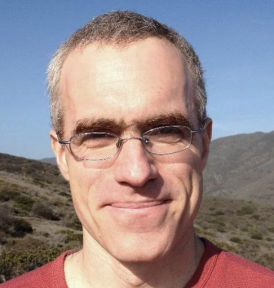Daniel Limonadi, JPL, will be presenting:



This talk will provide an overview of current and future planned Earth system science observations and major modelling efforts by NASA, other national and international agencies, and the private sector. What have global scale observations told us about climate change so far, and what do our observation fed models say relative to predictions and projections for the future? Some key areas of residual uncertainties and what NASA and others are pursuing to try to reduce those uncertainties will also be touched on. Given the vast scope of the topic this will be a broad brush view and will obviously not be able to penetrate into every aspect of environmental monitoring and climate change. Additionally, we will be looking at the topic substantially through the lens of NASA and JPL, which to date has been space based remote sensing and research driven, with the strengths and weaknesses associated with that view.
Daniel Limonadi is the chief system engineer for the Earth Science and Technology Directorate at JPL, where he is responsible for supporting activities ranging from technology and new process development, flight project formulation and implementation, through providing advice on strategic direction. He has been at JPL since 1999, and has held system engineering leadership positions on several Earth science projects and 2 Mars rover missions. Before coming to JPL, Daniel worked at Hughes Space and Communications in El Segundo. He received his B.S. degree in Aerospace Engineering from the University of California at Los Angeles. He has received two NASA Exceptional Achievement medals. He has a passion for solving civilization scale problems.